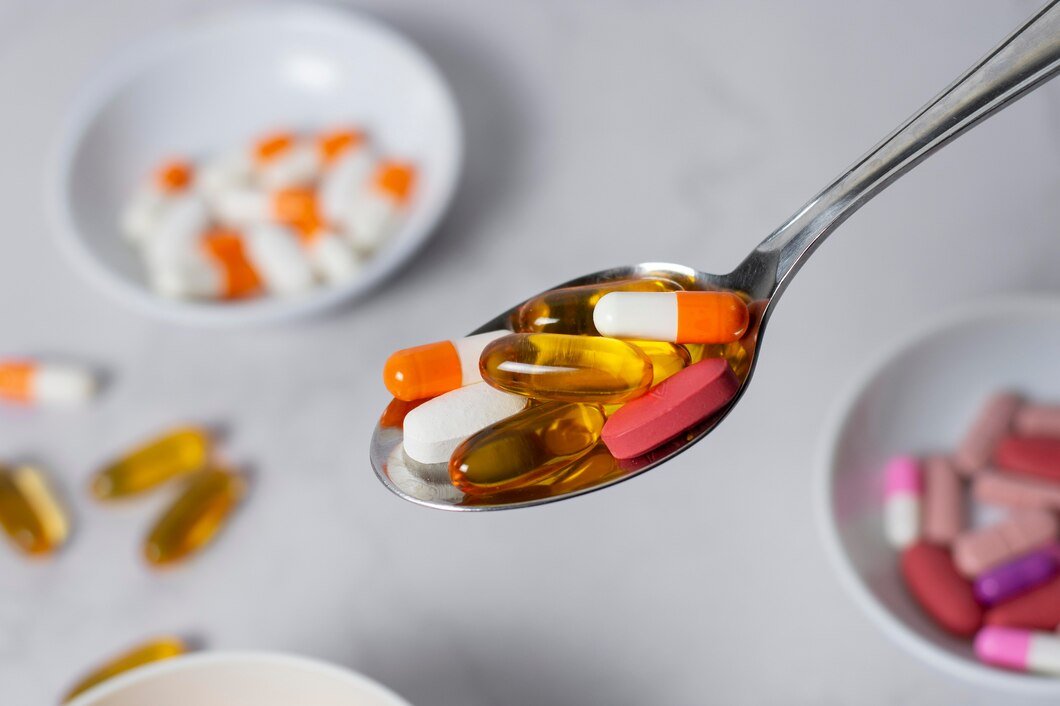Sustainable Solutions for the Food & Nutraceuticals Industry: A Healthier Future
The food and nutraceuticals industry is experiencing enormous growth as consumers increasingly seek natural, healthy, and eco-friendly products. In response to this demand, companies have begun to shift towards sustainable solutions and innovative technologies that reduce environmental impact, improve product safety, and conserve natural resources. By embracing green chemistry and sustainable practices, the food and nutraceuticals sector can provide consumers with the healthy and environmentally responsible options they desire, while ensuring a thriving future for the industry.
Green chemistry involves the design, manufacture, and application of products and processes that reduce or eliminate hazardous chemicals and waste. In the context of the food and nutraceuticals industry, adopting green chemistry principles can lead to the development of safer, more sustainable ingredients and manufacturing processes. These innovations not only reduce waste and energy consumption but also contribute to the overall safety and quality of the end products.
Sustainable solutions in the food and nutraceuticals industry can take various forms, such as eco-friendly packaging, novel natural preservatives, and efficient extraction methods for essential nutrients. Additionally, the industry can improve resource management by minimizing water consumption and conserving energy during production processes, further reducing its environmental footprint.
In this article, we will delve into the transformative impact of green chemistry and sustainable solutions on the food and nutraceuticals industry. From safer ingredients and eco-friendly manufacturing methods to energy-efficient practices and waste reduction, the integration of sustainable solutions is paving the way for a healthier, more responsible future for both consumers and producers alike.
Eco-friendly Packaging Solutions for the Food and Nutraceuticals Market
One significant area where the food and nutraceuticals industry can adopt sustainable solutions is in packaging. Traditional plastic packaging materials pose various environmental concerns, including littering, pollution, and waste accumulation in landfills. By switching to eco-friendly packaging materials derived from renewable, biodegradable, and/or recyclable sources, producers can significantly reduce waste and minimize their environmental footprint. Examples of innovative packaging solutions include plant-based polymers, paper packaging, and even edible packaging materials. These green alternatives not only contribute to a healthier environment but can also enhance brand reputation and appeal to eco-conscious consumers.
Natural Preservatives for Safer and Sustainable Food Products
Preservatives play a crucial role in the food and nutraceuticals industry by prolonging the shelf life of products and preventing spoilage. However, many conventional preservatives are synthetic chemicals that may have undesirable health or environmental consequences. In response to these concerns, the industry has begun to explore natural preservatives derived from plant, animal, or microbial sources, as they provide a safer, more sustainable alternative. By leveraging the properties of natural preservatives like essential oils, organic acids, or antioxidants, manufacturers can maintain the quality of their products while reducing synthetic chemical use and addressing consumer concerns about artificial ingredients.
Efficient Ingredient Extraction Methods for Enhanced Sustainability
The extraction of essential nutrients, flavors, and bioactive compounds from raw materials is a critical aspect of the food and nutraceuticals industry. Many conventional extraction methods, however, are energy-intensive and may involve hazardous chemicals or generate significant waste. To improve sustainability in this area, the industry can embrace innovative extraction techniques that are more efficient, eco-friendly, and conserve resources. Examples of such techniques include supercritical fluid extraction, ultrasonic-assisted extraction, and enzyme-assisted extraction. By adopting these green extraction methods, manufacturers can minimize waste, reduce energy consumption, and enhance the safety and eco-friendliness of their processes.
Water and Energy Conservation in Production Processes
Conserving water and energy resources is an essential component of sustainable practices in the food and nutraceuticals industry. By adopting efficient production processes, manufacturers can significantly reduce water consumption, minimize wastewater discharge, and lower energy demands. These efforts not only contribute to a more sustainable industry, but they can also result in cost savings and improved operational efficiency. Strategies to enhance water and energy conservation include optimizing equipment performance, implementing process improvements, and using water treatment technologies to reuse and recycle water.
Embracing a Sustainable Future for the Food and Nutraceuticals Industry
The integration of sustainable solutions and green chemistry in the food and nutraceuticals industry offers a multitude of benefits for both producers and consumers. From eco-friendly packaging and natural preservatives to efficient extraction methods and resource conservation, these innovative approaches help create a more sustainable, healthier future for all.
By collaborating with experts like us at NanoChem Solutions, your business can play a vital role in driving sustainability within the food and nutraceuticals industry. Together, we can create better products, promote environmental stewardship, and contribute to the well-being of our planet and its inhabitants.

